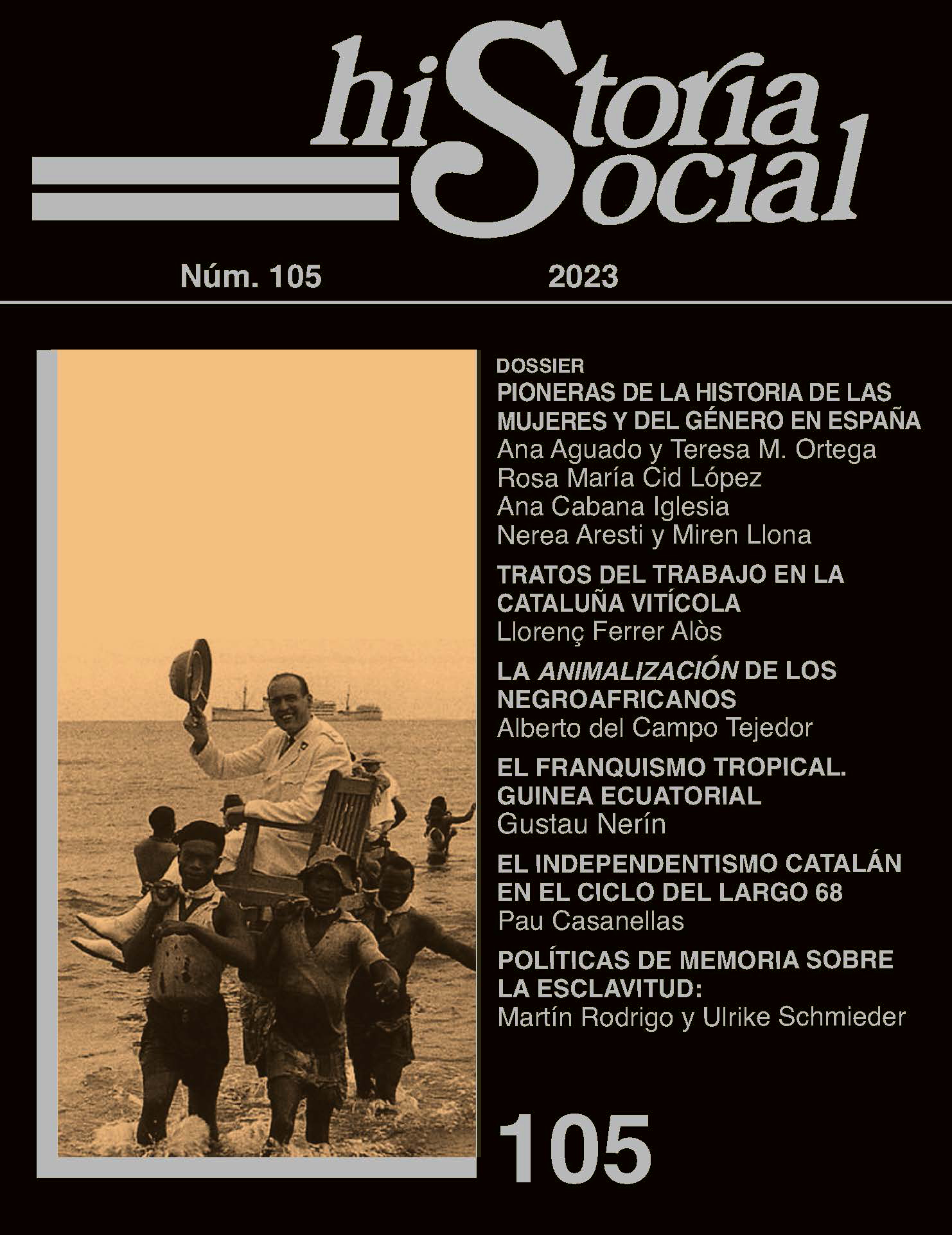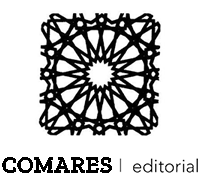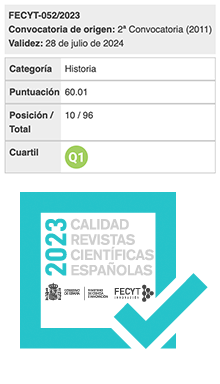'A very malicious beast.' The animalisation of black africans in sixteenth- and seventeenth- century Spain: between stigmatization and ridicule.
DOI:
https://doi.org/10.70794/hs.103087Keywords:
Spanish black African slaves, Racial stereotype, Seventeenth century, Sixteenth century, Animal insultsAbstract
An analysis of the insults of which black African slaves were targets in sixteenth- and seventeenth-century Spain reveals a unique policy of social labeling and otherness based on their racialization, embodiment, and animalization/brutalization as subhuman and inferior, to wit, the antithesis of civilized European and Christian white men. However, their frequent identification with familiar animals, like dogs, suggests that, unlike the indomitable savages living in Africa, black slaves were included in typically Spanish categories, akin to the brutish, rustic, but familiar ‘other’ (such as shepherds and servants), more absurd than dangerous, which implies an interesting process of de-Africanisation.







